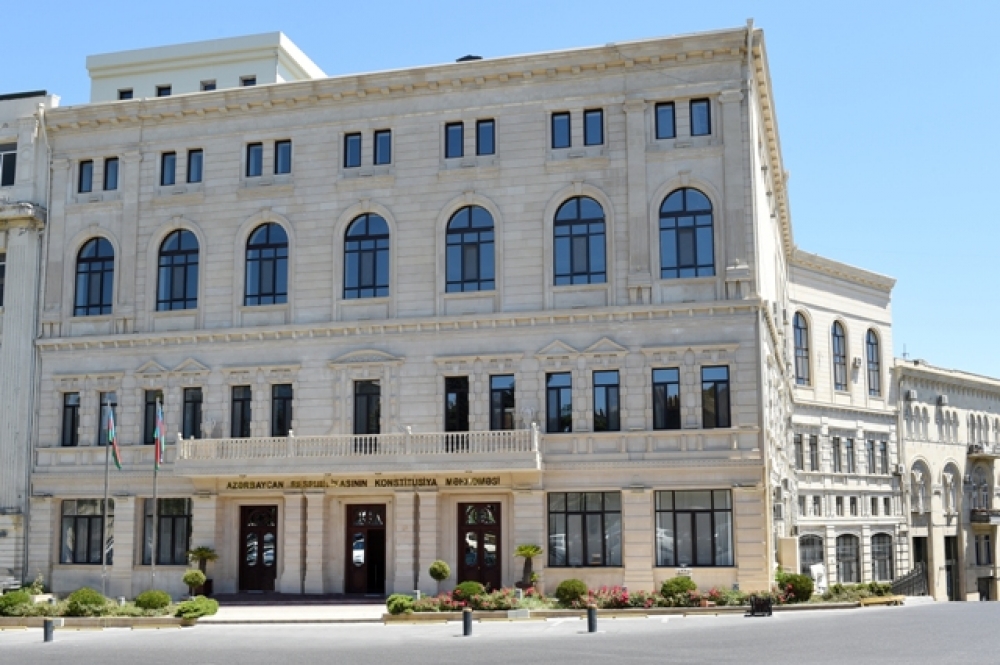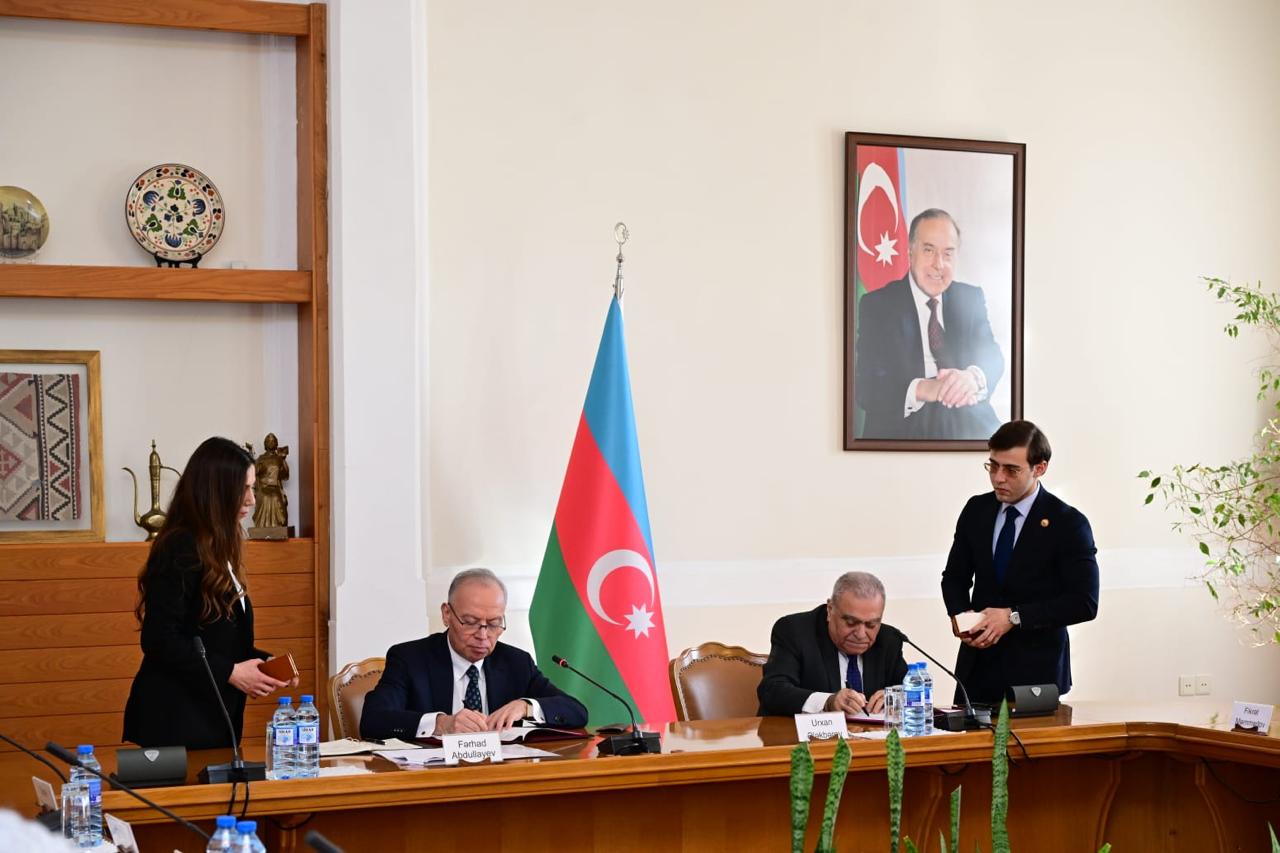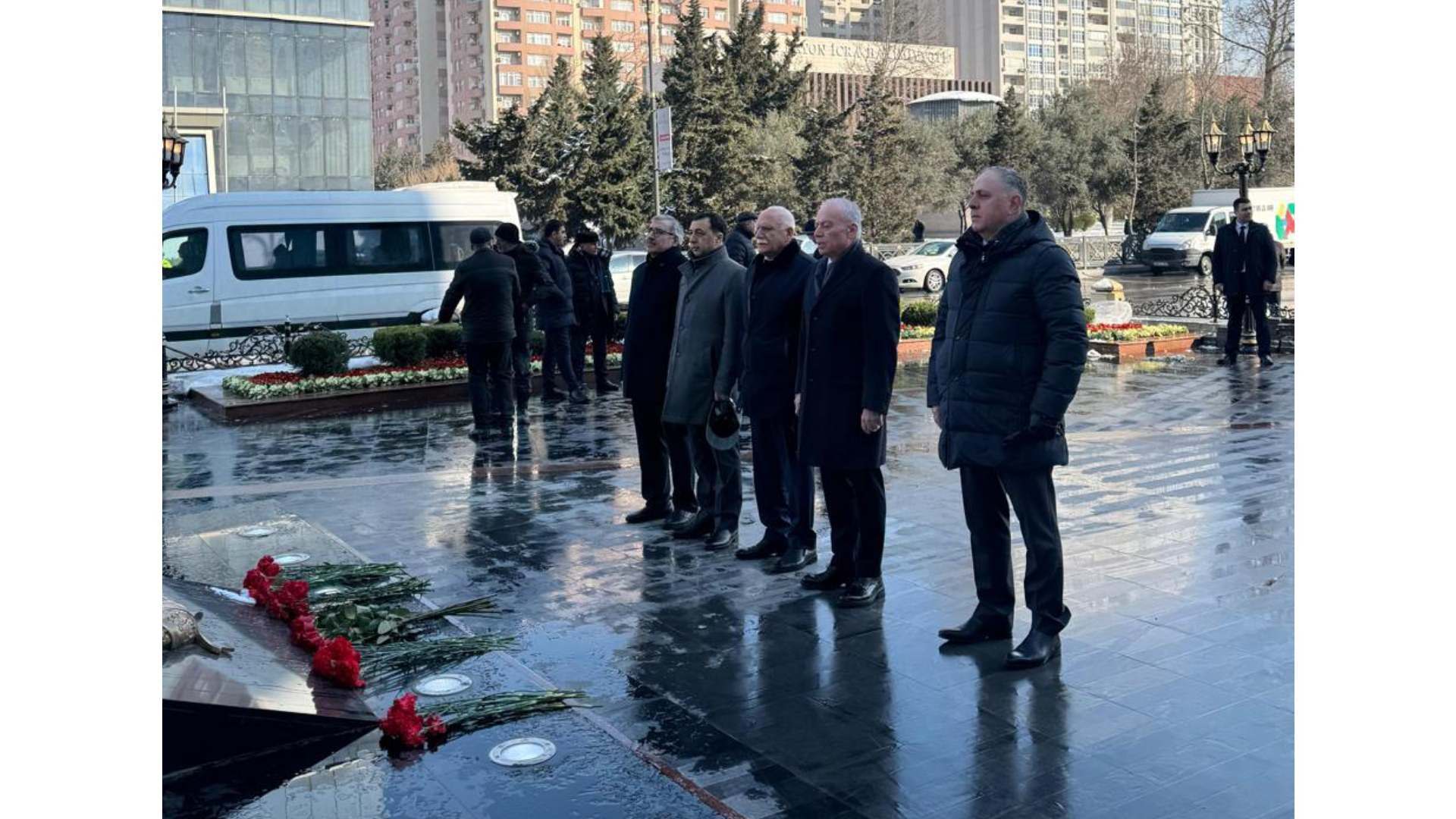12.05.2023
Plenum
of the Constitutional Court of the Republic of Azerbaijan, chaired by Farhad
Abdullayev, held a regular session.
At the court session was examined the constitutional
case based on the request of the Prosecutor's Office of the Republic of
Azerbaijan on related
interpretation of Articles 50.2, 59.1, 357.1 and 357.2 of the Civil Procedure
Code of the
Republic of Azerbaijan in connection with Articles 248.3 of the Criminal
Procedure Code of the Republic of Azerbaijan and 41.3 of the Family Code of the Republic
of Azerbaijan.
Having heard the report of Judge R.Gvaladze, studied and
discussed report of interested party – Prosecutor General and Administrative
Office of the Milli Majlis (Parliament); conclusions of specialist – Civil Board of
the Supreme Court, Court of Appeal of Baku city, Bar Association;
opinion of expert – associate professor, Department of Civil Procedure and
Commercial Law, Faculty of Law, Baku State University, Doctor of Philosophy in
Law M.Yolchiyev, the Plenum of Constitutional Court of the Republic of Azerbaijan adopted
decision.
The decision states that according to the requirements
of Articles 50, 59 and 306 of the Civil Procedure Code of the Republic of
Azerbaijan, if there is an appropriate appeal from state bodies and
organizations or legal entities, the founders of which are state or state body,
or an organization, the prosecutor may act in civil proceedings as a plaintiff
or applicant.
In accordance with Article 357 of the Civil Procedure
Code of the Republic of Azerbaijan, the prosecutor can file a protest against
court acts only in the cases specified in Articles 50 and 306 of that Code, if
he/she is a plaintiff or applicant in the trial.
According to articles 248.3 of the Criminal Procedure
Code of the Republic of Azerbaijan and 41.3 of the Family Code of the Republic
of Azerbaijan, as well as the legal positions formed by the Plenum of the
Constitutional Court of the Republic of Azerbaijan in the previous and current
decisions, the court decision on compulsory and gratuitous confiscation of
property as a special confiscation criminal-legal measure must be executed
despite the existence of the ruling adopted in civil court proceedings
regarding that property.
The decision comes into force from the date of its
publication, is final, and may not be cancelled, changed or officially
interpreted by any institution or official.


















